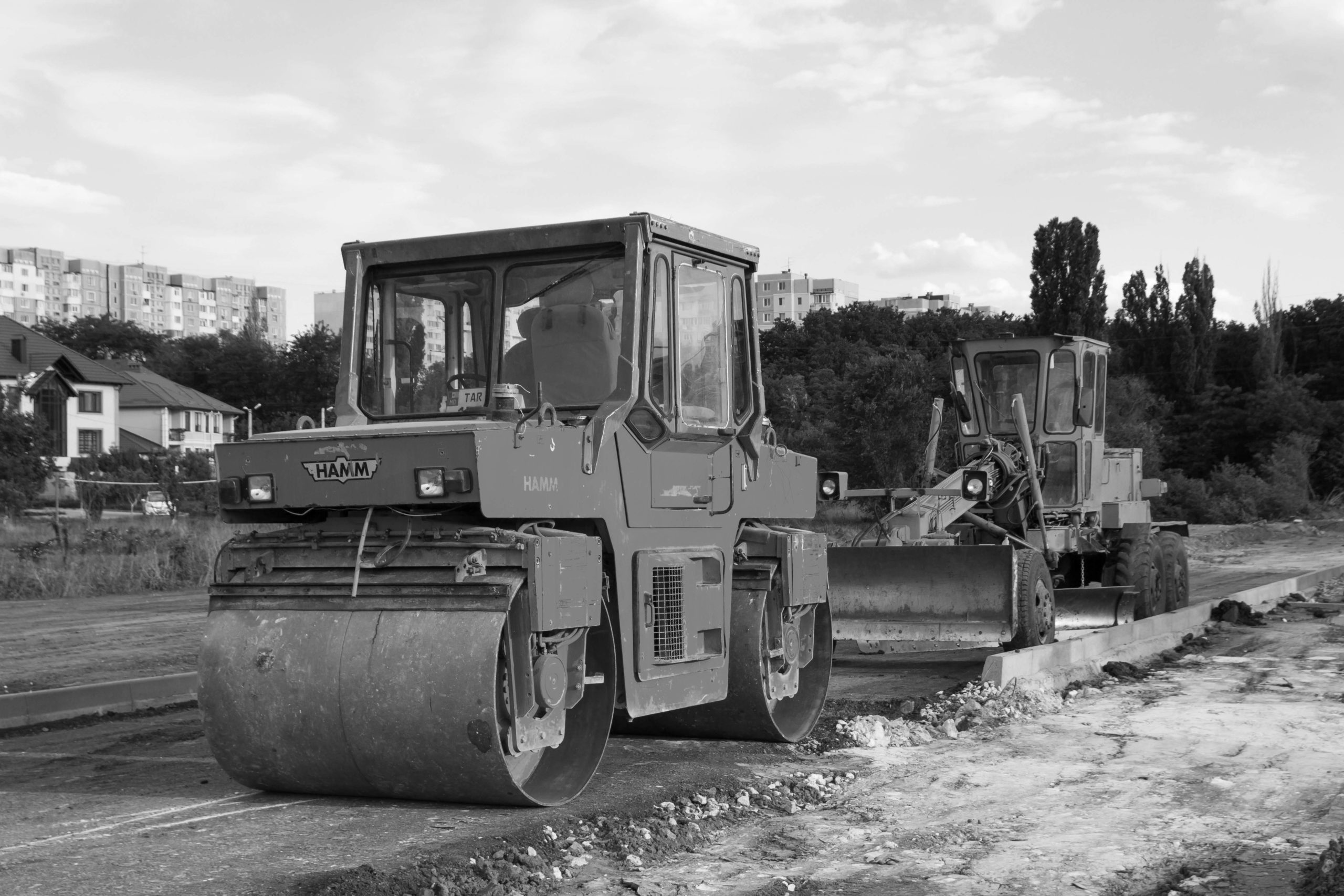The Difficulty of Cancelling an Untimely New York Mechanic’s Lien
As discussed in our recent post, New York Lien Law § 19(6) provides a procedure for an expedited legal action seeking summary discharge (cancellation) of a mechanic’s lien. However, summary discharge is only available where there is a “facial defect” in a lien, such as identifying the wrong property owner or failing to properly describe the property against which a lien is claimed. Otherwise, all challenges to a lien generally must be brought in the context of a lien foreclosure action. This includes, for example, a challenge to the amount of a lien, even if that amount appears clearly excessive.
As practitioners and construction industry professionals are well aware, a mechanic’s lien on a commercial property must be filed within eight (8) months of the last time the lienor provided labor or materials on the project. (The time to file is shortened to four (4) months on qualifying residential projects.) In this regard, the New York Lien Law requires that a notice of lien clearly state the last date that the lienor provided work or materials on the project. A lien that is filed late is invalid.
Can a property owner (or other party challenging a lien) use Lien Law § 19(6) to obtain summary discharge of a mechanic’s lien that it knows was filed more than eight months after the lienor’s last date of work?
The answer is no, as illustrated in a recent decision from the New York County Supreme Court. Pizzarotti, LLC v. Gravity Construction Corp., 2021 NY Slip Op 30179(U) (Jan. 19, 2021).
In that case, a construction manager filed a petition under Lien Law § 19(6), seeking cancellation of seven subcontractor’s liens. The construction manager’s petition argued that the last dates of work specified in the mechanic’s liens were fabricated, and that the lienor (a masonry subcontractor) had not performed any work on the project for more than eight months.
Specifically, the liens stated that the subcontractor last worked on the project on April 27, 2020. However, according to the construction manager’s petition, the work site had been ordered closed by Governor Cuomo in March 2020 due to the Covid-19 pandemic and remained closed through April 27. In addition, the petition stated that the subcontractor’s last payment application was submitted in July 2019. The construction manager’s petition argued that it was therefore impossible that the subcontractor was working on the project on April 27, 2020, and that the liens were filed late.
The Court denied the construction manager’s petition and declined to cancel the subcontractor’s mechanic’s liens. The Court concluded that, because the liens identified dates of last work that were less than eight months prior to the date the liens were filed, the liens were “facially valid” and could not be summarily discharged under Lien Law § 19(6). Specifically, the liens were filed on November 17, 2020 and stated that the subcontractor last worked on the project on April 27, 2020, less than seven months before the liens were filed. (By contrast, if the liens had identified a date of last work that was more than eight months prior to the date of lien filing, the liens would be deemed “facially invalid” and subject to summary cancellation.)
While it may be surprising that an untimely lien cannot always be summarily cancelled, the timeliness of a lien can still be challenged in the context of a plenary lien foreclosure action. In a lien foreclosure action, the Court is permitted to receive and consider a wide range of evidence that is not permissible in an expedited action under Lien Law § 19(6). For example, in a foreclosure action, the construction manager in this case will be permitted to submit evidence in support of its argument that the subcontractor did not perform work within the eight month period preceding the filing, such as work records and requisitions.
No aspect of this advertisement has been approved by the highest court in any state.
Results may vary depending on your particular facts and legal circumstances.
As the law continues to evolve on these matters, please note that this article is current as of date and time of publication and may not reflect subsequent developments. The content and interpretation of the issues addressed herein is subject to change. Cole Schotz P.C. disclaims any and all liability with respect to actions taken or not taken based on any or all of the contents of this publication to the fullest extent permitted by law. This is for general informational purposes and does not constitute legal advice or create an attorney-client relationship. Do not act or refrain from acting upon the information contained in this publication without obtaining legal, financial and tax advice. For further information, please do not hesitate to reach out to your firm contact or to any of the attorneys listed in this publication.
Join Our Mailing List
Stay up to date with the latest insights, events, and more




